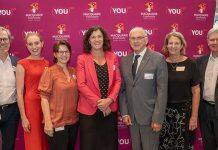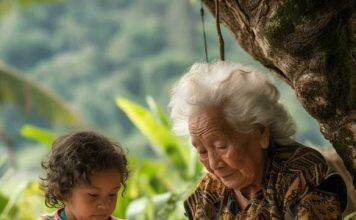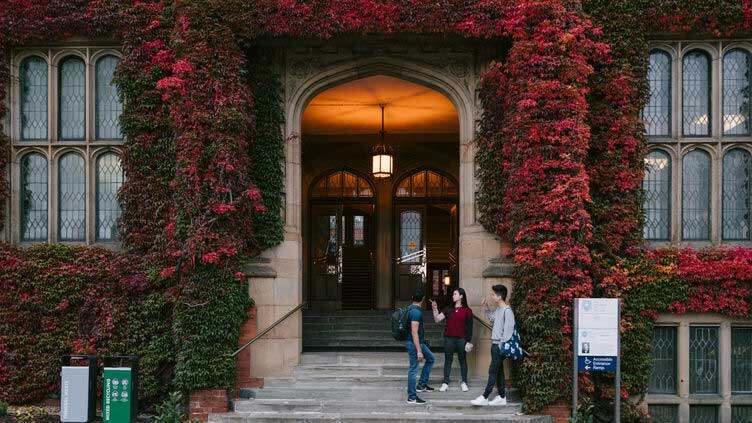

- Three academics from the University of Sheffield have been elected Fellows of the British Academy
- The Academy is the UK’s national academy for the humanities and social sciences and its Fellowship is its highest honour
- Sheffield academics have been elected in recognition of their outstanding research that represents the very best of humanities and social sciences research in the UK
Three academics from the University of Sheffield have been elected Fellows of the British Academy – the highest honour bestowed by the UK’s national academy for the humanities and social sciences.
Professor Daniel Goodley, Professor Helen Kennedy and Dr David McCallam have been elected in recognition of their work that represents the very best of the UK’s humanities and social sciences research.
Professor Daniel Goodley is a Professor of Disability Studies and Education. His research has made an outstanding contribution to understanding and contesting ableism and disablism – what society views as being a productive citizen and the exclusion of people with physical, sensory and/or cognitive impairments. Professor Goodley is also co-director of iHuman; an interdisciplinary institute for the study of what it means to be human.


Professor Helen Kennedy’s research focuses on how data, AI and automation are experienced by non-expert folk as part of their everyday lives, how they come into being, the contexts in which they are made and shaped, how and whether they can be fair and equitable, what good digital societies looks like and why the concept of ‘the digital good’ is so contested. She has secured over £9m in research funding, including for the current ESRC Digital Good Network and Public Voices in AI. Most of her research involves collaborating with non-academic stakeholders in order to enact positive social change.
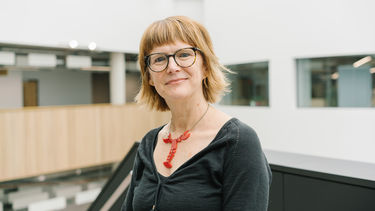

Dr David McCallam is a Reader in French Eighteenth-Century Studies. He is a specialist in eighteenth-century French literature, the French Enlightenment and the French Revolution. His research has also focused on the environment in eighteenth-century France and Europe, specifically on dynamic geological and meteorological phenomena, such as volcanoes, avalanches and clouds. In 2019, Dr McCallam published a wide-ranging study on the cultural significance of volcanoes in eighteenth-century Europe.
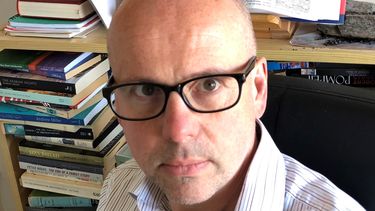

Professor Sue Hartley, Vice-President for Research at the University of Sheffield, said: “It is fantastic to see three academics from Sheffield being elected Fellows of the British Academy. Each one of them has made exceptional contributions to their field of research and their work clearly demonstrates the importance and impact of research from the humanities and social sciences. I am looking forward to seeing them work with the Academy over the coming years and I am excited to see them representing Sheffield in the Academy’s community of distinguished academics.”
Welcoming the new Fellows for 2024, President of the British Academy Professor Julia Black, said: “We are delighted to welcome this year’s cohort of Fellows, and I offer my warmest congratulations to each and every one. Since the Academy was created in 1902, our Fellows have been the lifeblood of the organisation, representing the very best of our disciplines – and we would not have the impact we have without their expertise, time and energy. I very much look forward to working closely with our new Fellows; the breadth and depth of their expertise adds so much to the Academy.”


